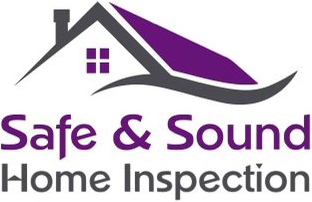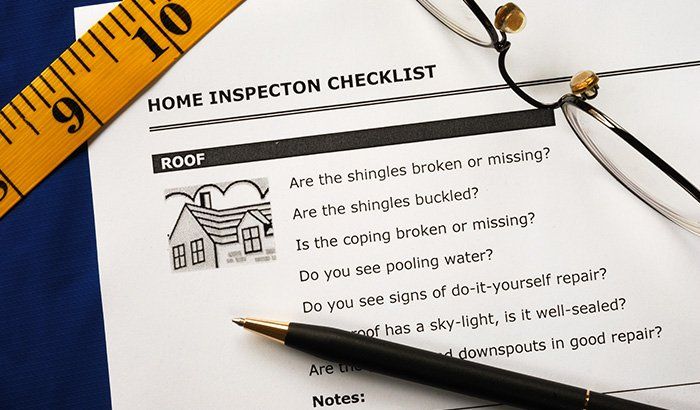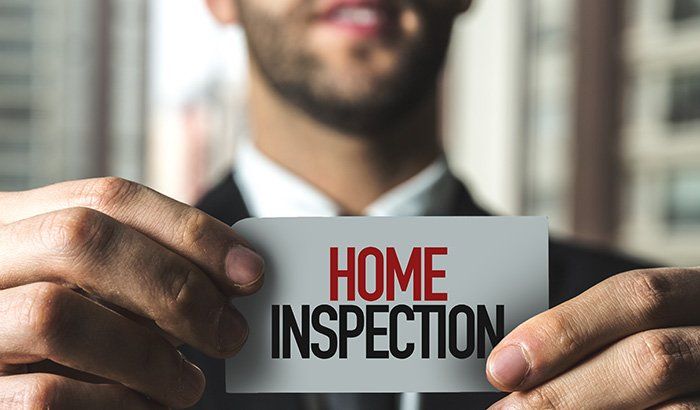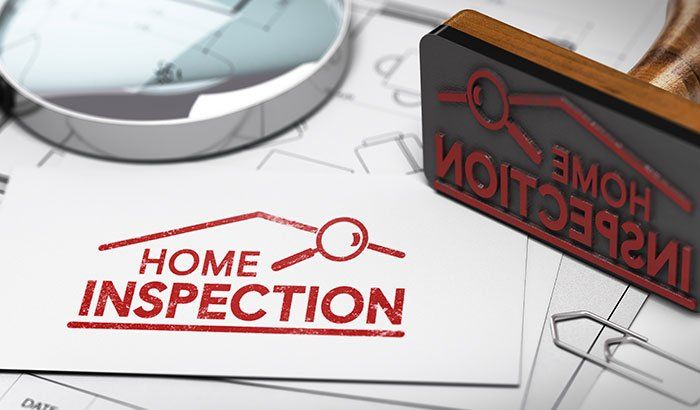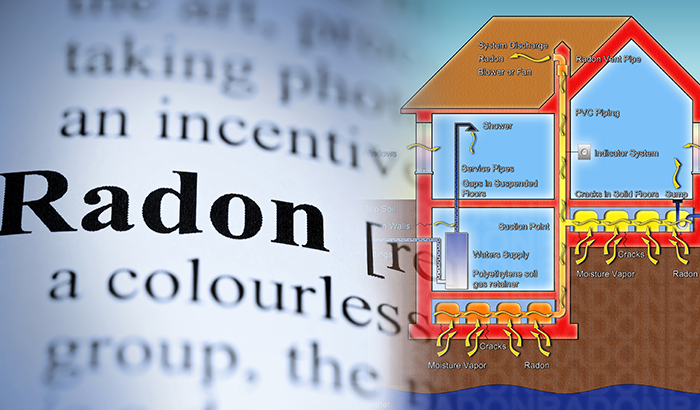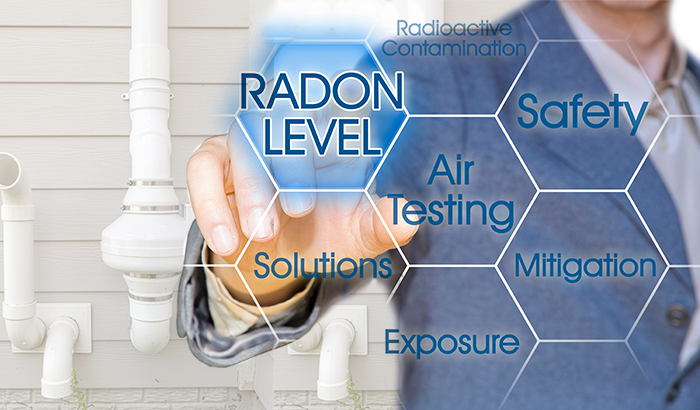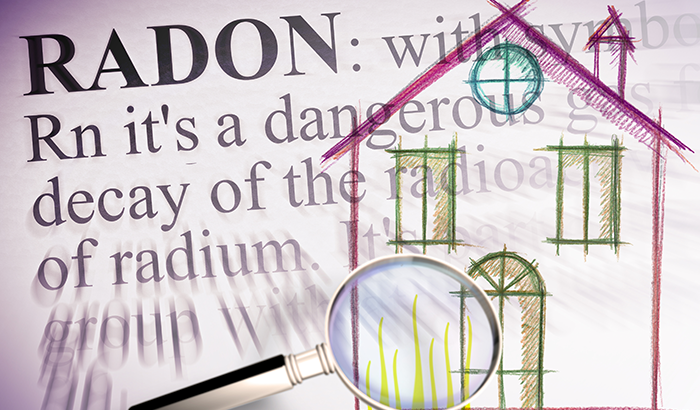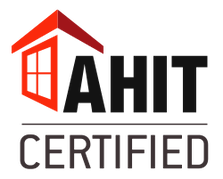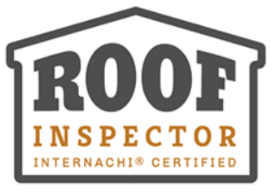8 Things That Will Need Immediate Attention If Found in Your Home Inspection
7064392620 • July 20, 2022
Sellers and buyers each play a vital role in a home inspection, so both should be aware of which fixes are unnecessary versus mandatory.
The home inspection is when sellers are crossing their fingers that their prospective home checks out well – while sellers are biting their nails. A home inspector examines the home's condition to ensure everything is working appropriately and safely. Sometimes, their findings indicate certain necessary repairs.
But, what could those repairs be, and how do you resolve them?
Read on to learn some of the most common items that need immediate attention after a home inspection.
Do You Have to Fix Everything on a Home Inspection?
The gray area between required fixes and those that aren’t is typically up for negotiation. How you handle the recommended fixes from your inspector mainly depends on the market you’re in. If the market is hot, you can probably get away with leaving some repairs undone.
On the other hand, buyers are always advised to have a home inspection to know what they’re walking into. Most buyers expect compensation or fixed repairs before signing any contracts.
Nonessential Home Inspection Repairs
Any repairs not required by the lender or the state are up for negotiation. Before we dive into the most common fixes home inspectors see, here are a handful of repairs that are considered nonessential:
- Cosmetic issues, such as a deck that needs staining or touching up
- Failed window seals
- Minor signs of water damage
- Cracks in a concrete basement floor
- Loose fixtures, such as doorknobs, light fixtures, or railings
- Nonfunctional light switches and electrical sockets
- Issues of normal wear and tear
- External buildings, such as sheds or garages
- Cosmetic landscaping problems
Common Fixes Required After a Home Inspection
Lenders have specific requirements that need to be met before releasing funds for the home. These standards typically address costly structural defects, building code violations, or safety hazards.
If a home inspection reveals any pressing issues, odds are the buyer is responsible for repairing them. Start by getting bids from a few contractors. From there, you can either go through with the repairs or offer the buyers a credit to take care of the issues themselves. Many sellers go this route so they can make a quicker sale.
1. Plumbing Issues
Plumbing issues are the first of major possible concerns a home inspector might find upon investigation. Significant issues to plumbing include but are not limited to the following:
- Poor water pressure
- Broken, rusted, or corroded pipes
- Mold and mildew
- Cross-connection problems with the pipes
- Water spots on the ceiling
- Slab leaks
- Sewage issues
- Septic problems
2. Electrical Hazards
A home inspector will make you aware of any pressing hazards within the home’s electrical system. If your home inspector raises an eyebrow to any electrical components, hire an electrical contractor to ensure that installation and inspection is up to the National Electric Code’s
standards.
Some of the most common electrical issues an electrician or home inspector might find include:
- Wires tapes or spliced together
- Outlets that are painted over
- Electrical panels that are modified incorrectly
- Circuit breakers with more than one live wire running to it
- Three-prong outlets that are not grounded
3. HVAC Problems
Heating and air conditioning are essential in the modern world. During a home inspection, your inspector will visually check these units for rusted pans, dirty filters, crowded walkway space, clogged rain lines, etc. They will also test the HVAC’s efficiency using temperature differential. They’ll check for significant gaps in temperature differential, which can signal a major problem with your heating and/or air conditioning
4. Structural Defects
Structural damage is a massive expense you don’t want to be surprised with as a buyer. The inspector will walk around the home's perimeter to examine the foundation for any cracks, drainage issues, or deteriorating brickwork.
5. Roofing Concerns
Roof damage is another significant expense for prospective buyers. The typical roof will display a few minor issues, but how do you know what damage is not typical?
Evidence of prior leaks, including large water spots, dark areas, and rotted plywood are red flags that need addressing. Also, missing sections of shingles is a major roofing issue. When in doubt, speak with a roofing contractor about potential repair costs.
6. Chimney Issues
While your inspector examines the roof, they’ll also take a peek at the chimney. They’ll check for problems with the bricks or cement, the flue, connectors, and that the interior is free of any potential fire hazards.
7. Dead Trees
If there are a lot of dead trees near the house, we recommend having an arborist perform an inspection. Although removing dead trees isn’t technically an inspection, these trees can pose a severe threat to the home and property. Dead trees are susceptible to breaking, which can damage your home’s foundation, power lines, windows, or the roof.
8. Toxic or Chemical Hazards
A home inspector will also take a survey of any toxic or chemical hazards in the home. This includes toxins like radon leaks, asbestos, or lead paint.
Any home can have high levels of radon regardless of location, neighborhood, or age of the house. For this reason, it’s crucial to have your home tested for radon during your home inspection. You’ll need to invest in radon mitigation
if your inspector finds high radon levels. This process reduces radon gasses from a home or other building.
Receive a Comprehensive Home Inspection Report From Safe & Sound Home Inspection
If you’re buying or selling a home, don’t leave your home inspection up to chance. Safe & Sound Home Inspection is proud to offer professional and trustworthy services that will give you peace of mind and help you save money. All of our inspectors are AHIT-certified and have a minimum of 10 years of experience in the industry.
We’re located in Sandy, Utah, and serve most of Northern Utah. Contact us
for a free quote and to schedule your superior home inspection.
